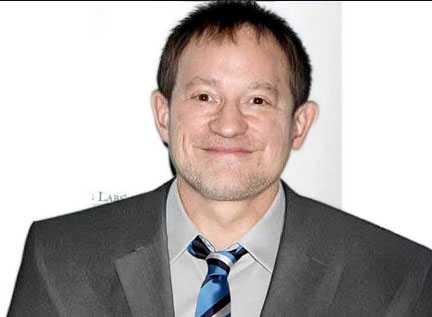Milorad Dodik, the prominent Bosnian-Serb leader, has been sentenced to one year in prison alongside a six-year prohibition from holding public office for defying the international High Representative’s authority in Bosnia and Herzegovina. Responding to this landmark ruling at a rally in Banja Luka, Dodik brushed off the verdict as trivial, instigating a show of support from his followers by telling them there was “no need to be anxious.” He described the ruling from the Court of Bosnia and Herzegovina as "nonsense" and stated he had weathered tougher challenges.
This conviction concludes a prolonged conflict between Dodik and Christian Schmidt, the High Representative who remains the highest authority in Bosnia, rooted in the aftermath of the Bosnian War. Schmidt wields considerable power, capable of passing laws and removing officials, a role that has been exercised with limitations in recent times. The international community had hoped that local leaders would foster a collaborative environment; however, the entrenched ethno-nationalism shows otherwise. Bosnia is distinctly divided into two entities: the predominantly Serb Republika Srpska and the Federation, mainly occupied by Bosniaks and Croats. The central government is notably weak, creating an environment ripe for continued division and self-serving political actions.
Toby Vogel from the Democratisation Policy Council pointed out the unifying frustration among Bosnians towards their leaders, suggesting a need for genuine cross-community political representation that has thus far remained elusive. Despite the people's desires for change, leaders like Dodik repeatedly secure election victories. Notably, Dodik's political history includes serving as the Serb representative on Bosnia's tri-partite presidency and assuming the role of Republika Srpska’s prime minister since 1998. A consistent theme of his governance has been the promotion of potential secession for Republika Srpska, frequently undermining the national state’s core institutions through various legislative moves.
The conflict culminated when Dodik, in direct defiance of Schmidt, enacted legislation to reject the High Representative’s rulings, prompting his prosecution. The severe charges could have led to a maximum sentence of five years and a decade-long ban from public office. Despite warnings of radical responses if found guilty, his conviction has so far not incited major disruptions.
Nevertheless, emerging pressures loom over Dodik from beyond Bosnia’s boundaries, as both the US and UK have imposed sanctions aimed at addressing concerns over corruption and alliances with Russia. Experts like Vogel suggest that these international repercussions could pose a greater threat to Dodik than his recent legal issues. “He faces financial challenges as he can no longer secure funding on international markets, putting him in a precarious position.”
The people of Bosnia and Herzegovina continue to grapple with the shortcomings of their leadership. As they wait in hope for the enduring promise of prosperity, the ramifications of Dodik's conviction reiterate the ongoing struggles for political stability and growth in the region.




















